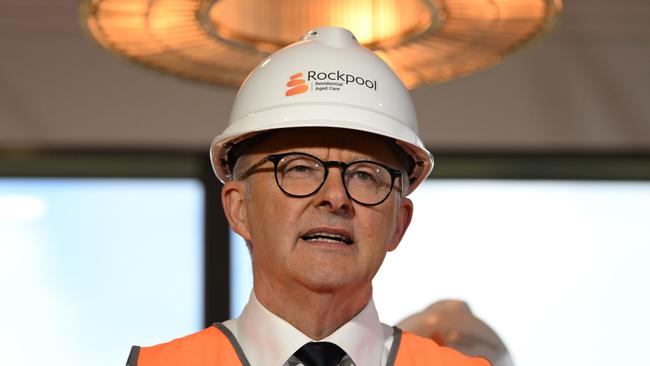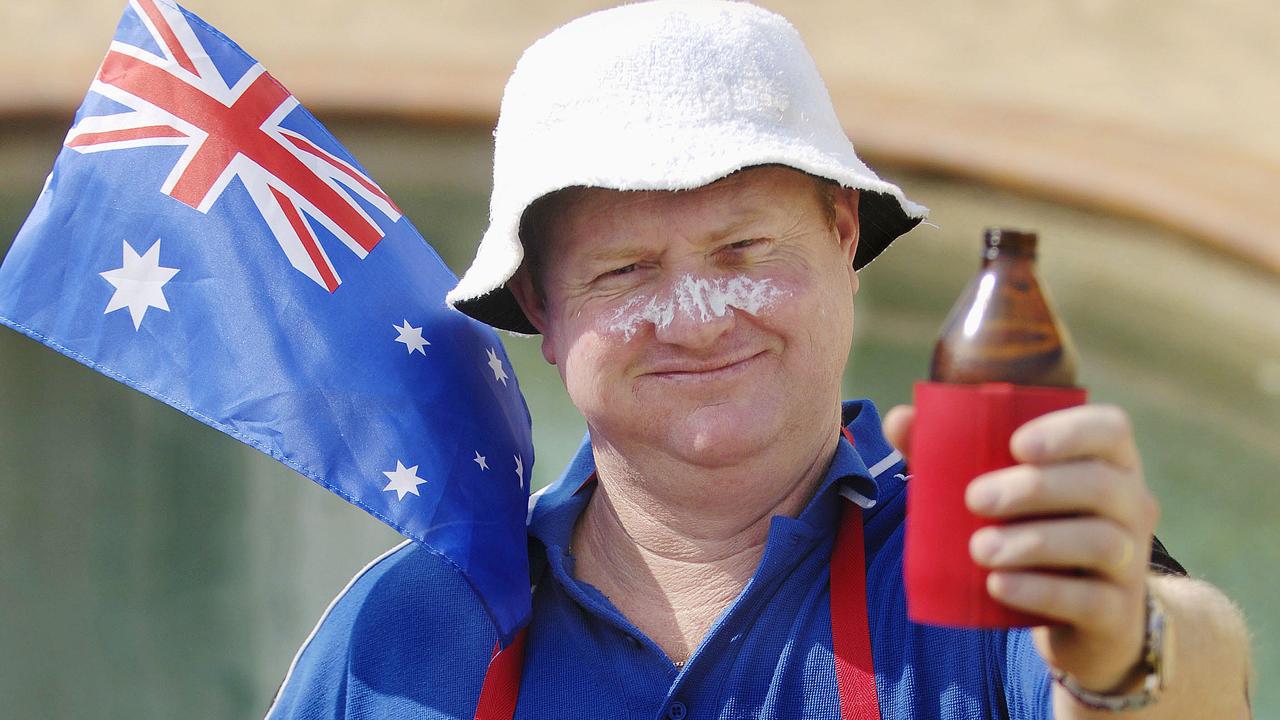Susie O’Brien: Payrises should go to those who deserve it
The economy’s stalling, an energy crisis looms and interest rates are rising. So why are federal politicians the first to get a pay hike?

Susie O'Brien
Don't miss out on the headlines from Susie O'Brien. Followed categories will be added to My News.
During the election, Albo pledged to boost wages, but the first group to get a pay hike under his watch are federal politicians.
Funny that.
Their 2.75 per cent pay rise means a backbencher on around $200k earns more than 96 per cent of Australian men and 98 per cent of women.
The politicians have just been given the pay rises of up to $15,000 a year without having to work longer or harder or do anything to justify it.
The decision from the independent Remuneration Tribunal gives them their biggest pay boost in a decade at a time when public approval for politicians is at rock bottom.
Meanwhile, those on minimum wage are sweating today on a ruling on whether they should get an extra $1 an hour bringing their wages to around $772 a week or $40,000 a year.
Many of those on government handouts earn a third of that.

In comparison, the MPs’ pay boost brings the average backbencher to $217,060 plus allowances, the Opposition leader Peter Dutton to $401,561, the Greens leader Adam Bandt to $314,737 and the Prime Minister to $564,364.
MPs don’t set their own pay packets, but they do provide input to a process that has ensured their salaries have risen by 30 per cent over the past ten years.
This largesse, which is not linked to productivity gains in federal parliament or any other performance measures, is a bad look coming at a time when the economy’s stalling, an energy crisis is looming and interest rates are rising.
No doubt Albanese will be hoping the Fair Work Commission also hands down a minimum-wage increase to boost the pay packets of Australia’s 2 million most deserving workers; otherwise he ends up looking like a hypocrite.
While former PM Scott Morrison labelled any such increase “reckless and dangerous”, Albanese at least has been supportive of the boost for low-income workers.
While the ACTU wants 5.5 per cent, Albanese has urged the FWC to ensure workers don’t go backwards. With inflation at 5.1 per cent, this means a pay rise of at least that amount.
Although the two processes are entirely separate, many voters will conflate and compare the two decisions.
Let’s hope the boost for the MPs paves the way for a minimum-wage increase of at least 5.1 per cent. It would be nice to see pay rises going to those who deserve it for a change.





